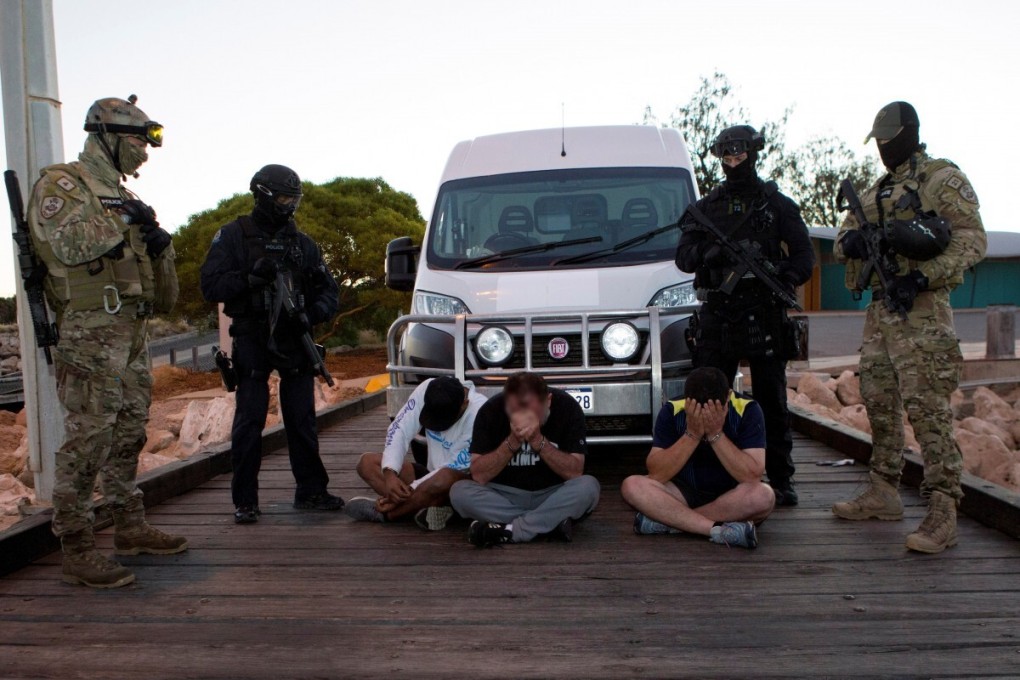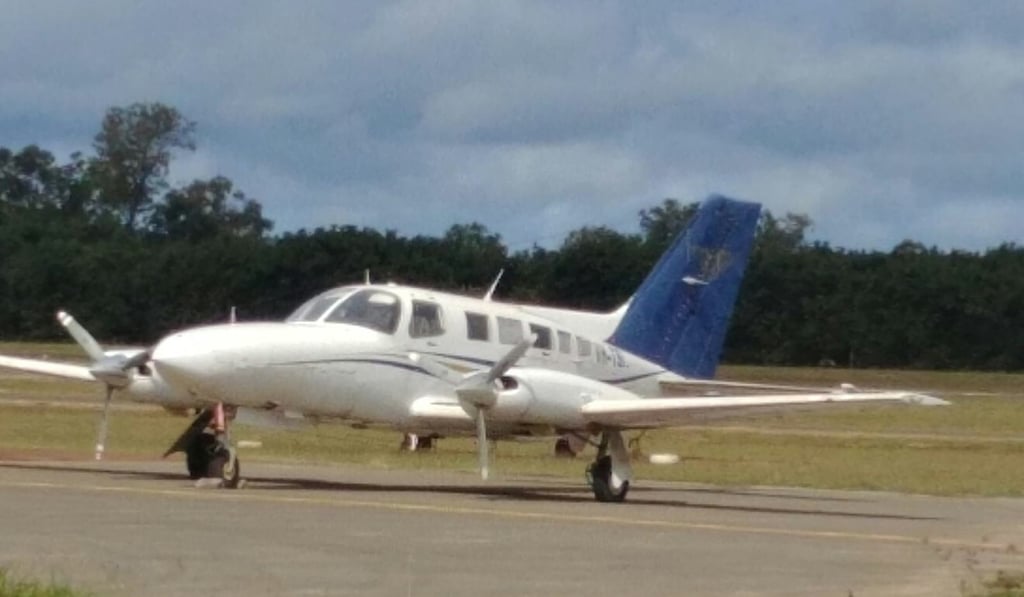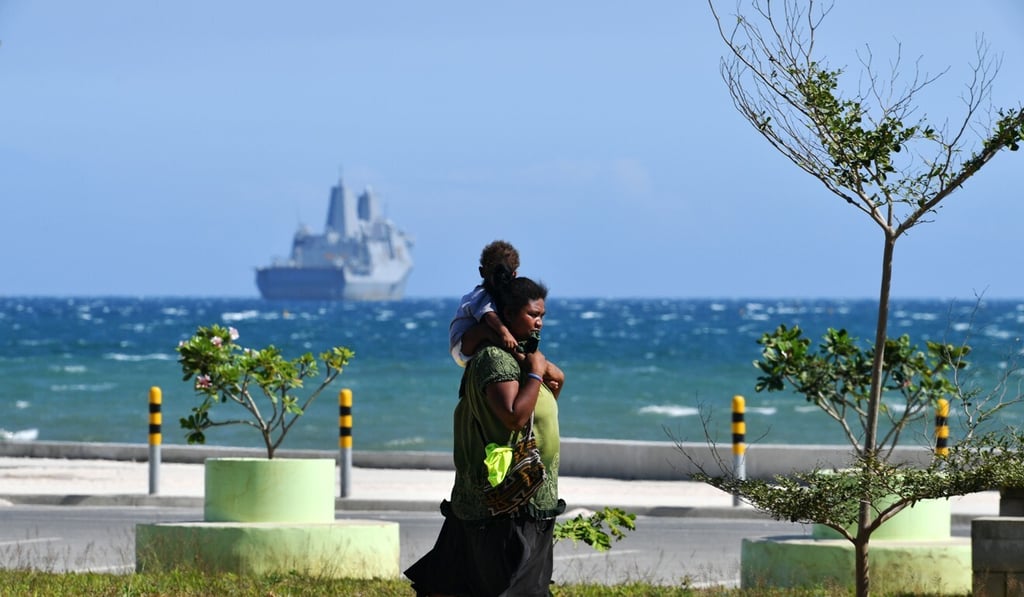As Australia’s drug habit booms, Asia’s El Chapo has coronavirus to thank
- The coronavirus pandemic has sent demand and prices for illicit drugs booming in Australia, where local production is limited
- Criminal gangs such as the triad-linked ‘The Company’ are cashing in and taking advantage while authorities are busy with the health emergency

Narcos: the hidden drug highways linking Asia and Latin America
David John Cutmore had travelled a distance of nearly 1,000km in a Cessna 402C jet from an airport near Cairns, Northern Queensland. Working for a Melbourne-based crime family with alleged links to a Calabrian mafia, Cutmore had a fairly straightforward job: drop off the money, pick up the product and return home. But taking off from a runway just 30km outside Port Moresby, his plane, loaded with half a tonne of cocaine, crashed among the trees. By the time authorities arrived, Cutmore and the drugs had vanished.

What Cutmore didn’t know, though, was that his plan had been foiled from the outset. Waiting back at the airstrip in Australia were more than a dozen federal agents working in coordination with Papua New Guinea police and other Australian agencies. Once news of the crash broke, the Australian Federal Police moved on Cutmore’s associates, conducting raids in Queensland, Victoria, New South Wales and Papua New Guinea. Cutmore then turned himself in to the embassy.

He remains in custody in Papua New Guinea, while five others have been charged in Australia with offences that carry maximum penalties of life imprisonment. An Italian citizen has also been arrested in Papua New Guinea, having allegedly shipped the cocaine into the country on his yacht earlier this year. As seasoned foreign correspondent Max Uechtritz put it, the ordeal “reads like a wild storyline for a Hollywood movie on transnational cartels, cocaine, crooked cops, The Mob and The Feds.” But beyond the hype of it all, the saga could also serve as warning for what’s to come.
Just last week, the Australian Federal Police seized 1.8 tonnes of cocaine off the coast of Newcastle, just north of Sydney. With a street value of approximately US$615 million, the bust is now the largest onshore cocaine seizure in Australian history.